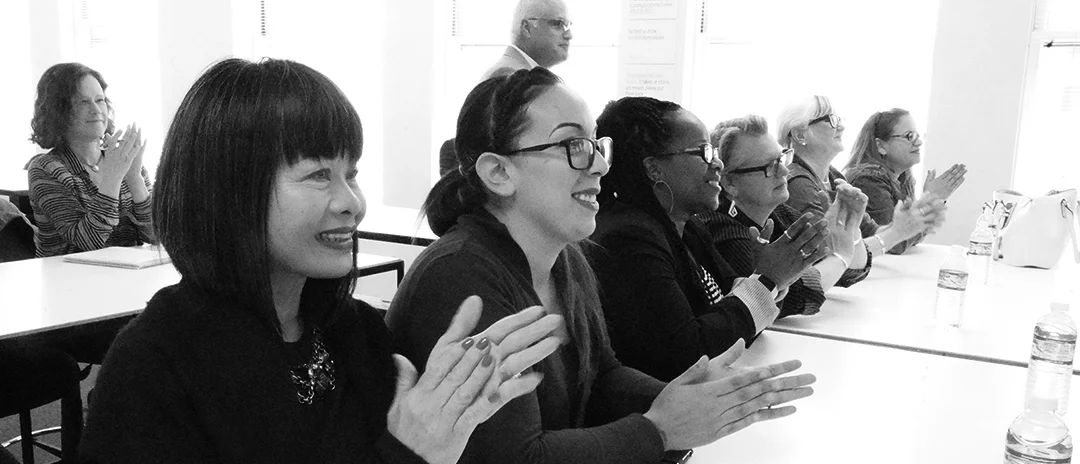WASHINGTON, Nov. 15, 2023 – The U.S. Department of Agriculture Deputy Secretary Xochitl Torres Small today announced an investment of $27.9 million across 45 organizations that teach and train beginning farmers and ranchers, including programs for U.S. veterans who are entering into agricultural careers and starting new farming businesses.
“The next generation of farmers and ranchers hold the promise for future American agriculture and rural prosperity,” said USDA Deputy Secretary Xochitl Torres Small. “Under the Biden-Harris Administration, USDA is providing our newest producers with the support they need to succeed and the educational resources to guide their operations on the path toward long-term sustainability and profitability.”
This investment is part of the National Institute of Food and Agriculture’s (NIFA) Beginning Farmer and Rancher Development Program (BFRDP), which supports a wide range of professional development activities and topics, such as managing capital, acquiring and managing land, and learning effective business and farming practices.
“This investment reflects USDA’s commitment to helping new farmers and ranchers realize their dreams,” said USDA Chief Scientist and Under Secretary for Research, Education an Economics Dr. Chavonda Jacobs-Young. “As the average age of our U.S. producers continues to increase, USDA is accelerating efforts to provide meaningful support to a rising cadre of farmers and ranchers—including military veterans interested in starting new careers after their service—so they can cultivate the skills needed to be productive, profitable and resilient.”
According to USDA National Agricultural Statistics Service’s Ag Census data, one-third of the United States’ 3.4 million farmers are over the age of 65.
“Ensuring there will be a new generation of beginning farmers and ranchers – regardless of age or production choice – is essential to the continuation of agricultural production in the United States,” said USDA NIFA Director Dr. Manjit Misra. “Beginning farmers and ranchers have unique educational, training, technical assistance and outreach needs. Access to capital, land and knowledge that assists in ensuring profitability and sustainability are vital to farmers and ranchers in their first 10 years of operation.”
NIFA’s BFRDP funds three types of projects:
Standard Projects to new and established local and regional training, education outreach and technical assistance initiatives that address the unique local and regional needs of beginning farmers and ranchers.
Educational Team Projects to develop seamless beginning farmer and rancher education programs by conducting evaluation, coordination and enhancement activities for standard projects and other non-funded beginning farmer programs.
Curriculum and Training Clearinghouse to make educational curricula and training materials available to beginning farmers and ranchers and organizations who directly serve them.
Examples of the 45 newly funded projects for FY2023 include:
Calypso Farm and Ecology Center: This project, Growing Alaskan Farmers: An Agricultural Training Program for Alaska Native People and Their Communities, aims to train a growing population of beginning Indigenous farmers in rural Alaska. This supports the broader vision to foster food sovereignty across Alaska by providing the training and support necessary for Alaskan villages to grow their own food. The project is an Indigenous-led, hands-on, farmer training program.
Farm Boot Camp: This project will provide in-depth training, technical assistance, and hands-on internship opportunities to transitioning active duty and veteran beginning farmers obtaining the knowledge, skills and tools needed to make informed decisions for their farming operations. The training and materials will be based on the Universal Design for Learning (UDL) framework aimed at addressing the needs of service-related disabilities.
In Her Shoes, Inc.: This two-state project aims will provide education and support to 90 new and beginner women and Black farmers each year in West Georgia and the Mississippi Delta. The goal of the project is to increase women and Black operated farm businesses through farm business expansion and new market access. The project also will lead to increased fresh food in local communities.
La Semilla Food Center: This project will advance a regional practice of climate smart agriculture solutions while removing individual and systemic obstacles for socially disadvantaged and colonia farmers of the Chihuahuan Desert Ecoregion and providing them with opportunities to prosper.
USDA touches the lives of all Americans each day in so many positive ways. In the Biden-Harris Administration, USDA is transforming America’s food system with a greater focus on more resilient local and regional food production, fairer markets for all producers, ensuring access to safe, healthy and nutritious food in all communities, building new markets and streams of income for farmers and producers using climate-smart food and forestry practices, making historic investments in infrastructure and clean-energy capabilities in rural America, and committing to equity across the Department by removing systemic barriers and building a workforce more representative of America. To learn more, visit www.usda.gov.
READ THE ORIGINAL RELEASE ON THE USDA WEBSITE














